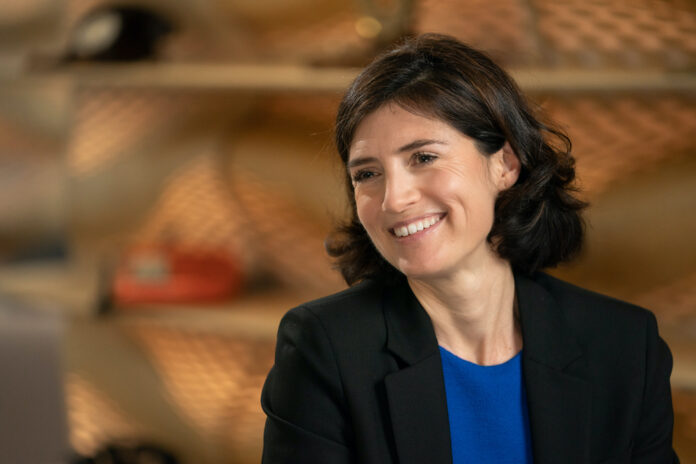CEO says something’s wrong when telcos are relying on selling off assets and diversifying to stay in business
Orange for hitting all its fiscal 2022 targets in tough conditions. Annual revenues were up 0.6%, largely due to a continued growth performance in Africa and the Middle East (up 6.4% compared with 2% in Europe).
Before we get into those details, the most interesting thing by far about the press conference and other sessions held on Capital Markets Day was this from CEO, Christel Heydemann, who has been in the job for less than a year.
She observed that there is something very odd going on in the market when an industry as indisputably essential as telecoms is having to sell off assets – such as towers – or develop special financial vehicles or try to diversify because it cannot make a high enough return on investment to continue investing in infrastructure from its core activities. How right she is.
This is what Orange’s reset via its short term new strategy, to 2025, is about.
The not-so-gory details
Meanwhile, earnings before interest, taxes, depreciation, amortisation and special losses (EBITDAaL) reached almost €13 billion, rising 2.5% in line with the target, thanks to “costdiscipline”. Between 2019 and 2022, the group made cost savings of €700 million, which would’ve been worth close to a €1 billion without rising inflation.
A robust performance of Africa & Middle East (+11.3%) offset the sharp decline in Enterprise (-18.8%). This decline is interesting, given that Orange Business, as Orange Business Services will henceforth be known, is one the four pillars of Orange’s new strategy, Lead the Future – see this analysis but was perhaps the biggest punch in the eye on the balance sheet.
Europe grew 1.6% thanks to the recovery in Spain. All other segments contributed to EBITDAaL growth in 2022.
In the fourth quarter, EBITDAaL rose by 8.5% due to price increases in Europe and “a base effect” linked to the employee shareholding scheme. If the scheme is left out of the equation, then EBITDAaL rose by 2.9%.
Romanian rebuilding
Although the operating income of €4.801 billion was €2.280 billion more than the preceding year, which Orange said “was held back by the impairment of Romania” amounting to €789 million. CEO Christel Heydemann described the conditions there as “difficult” with “tough competition”. Orange is in the midst of merging its opco there with TKR to create a convergent operation and is looking forward to reaping benefit from the transaction, she said.
Marie-Noelle Mari-Noëlle Jégo-Laveissière, Deputy CEO, Europe, noted that Orange is in discussions with utilities and the regulator in Romania regarding access to “a more open fibre network from some competitors”.
eCapEx was down by 0.7% to less than €7.4 billion as the fibre build-out in France has passed its peak, in line with the guidance and Heydemann said Orange had deployed more fibre than the next five biggest fibre layers in Europe.
Last, but by no means least, organic cash flow from telecom activities grew strongly to €3.058 billion, up by 24.7% on an historical basis thereby achieving the target of “at least €2.9 billion”. Liquidity is a wonderful thing and, what’s more, the net debt ratio for telecom activities was 1.93 in line with the medium term target of about 2, but up from the previous year’s 1.91.



